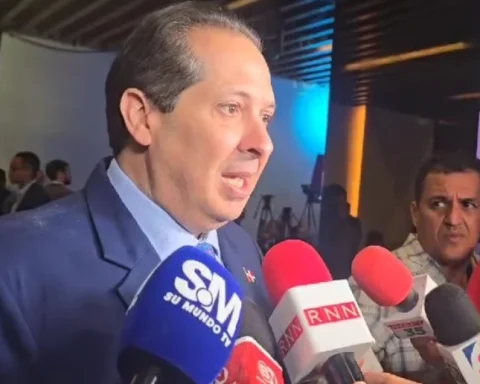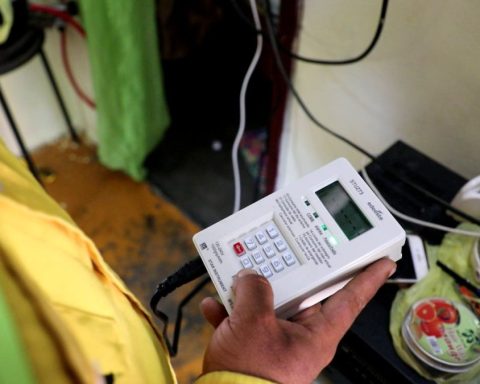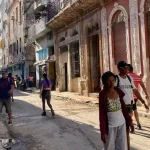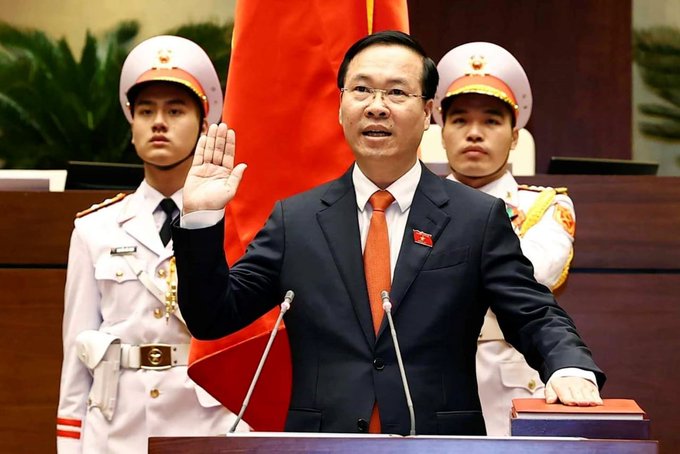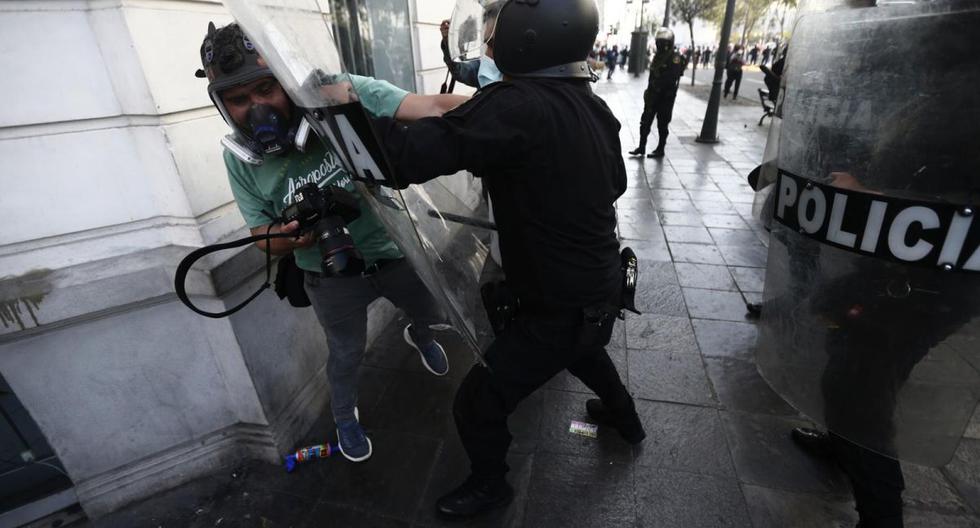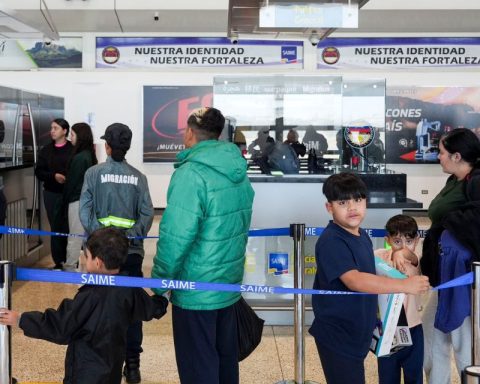Dictatorships and authoritarian governments are easier to sustain than a true democracy. They only need to use force and intimidation to maintain themselves and then fear makes a habit of it. That has always been the story. We have experienced it over and over again in this nation, in which its founders, those who dedicated themselves to the cause of the redemption of the Dominican people, ended up on the scaffold or died in atrocious poverty in exile, forgotten by those that they had contracted with them an unpayable debt of gratitude.
Democracy, on the other hand, requires a construction based on tolerance and patience. It is not built in one fell swoop like dictatorships. It is a culture. Democratic rulers are bound by constitutions and laws and are morally and legally bound to respect and enforce them, above their sympathies and personal or lodge commitments.
Dictatorship and authoritarianism are monolithic. They have a single purpose and are achieved by submission. Democracy requires understanding and in it governments are subject to the authority of the people, whom they must serve. In the dictatorship, force is exerted to break wills and build illicit fortunes and fames as fragile as they are ephemeral. In democracy the legacy is moral and permanent. It is not measured in terms of material works that almost always tend to accelerate perverse and illegitimate processes of accumulation. It is appreciated to the extent that it builds the future in a climate of respect and coexistence.
The dictatorship acquires modalities adaptable to time and circumstances and is usually deceitful, dressing in a garment of lies and simulation. Democracy is authentic and indivisible. It is not practiced halfway. The authoritarian ruler accumulates powers for his own benefit. The democrat works to preserve the rights of his compatriots.


